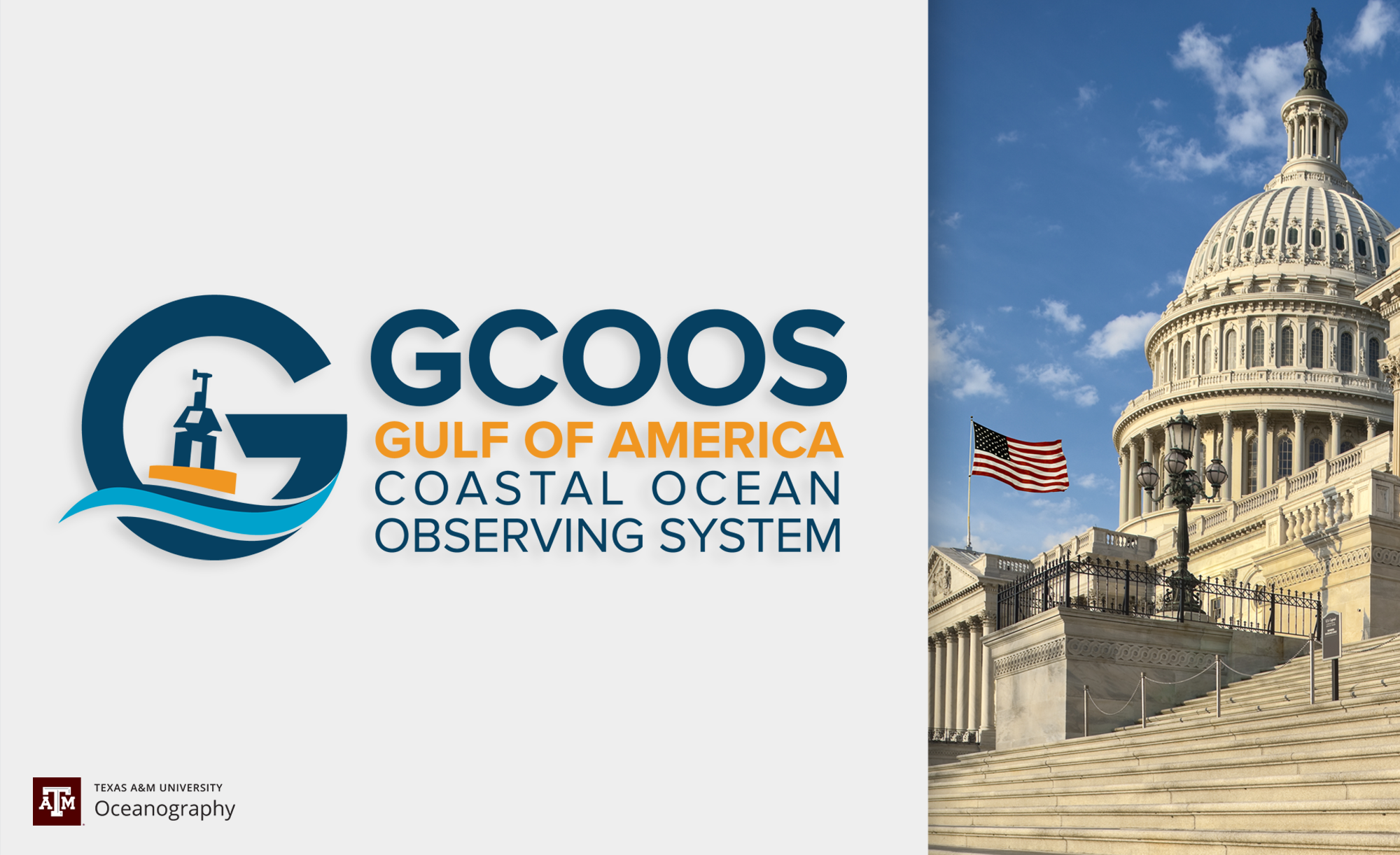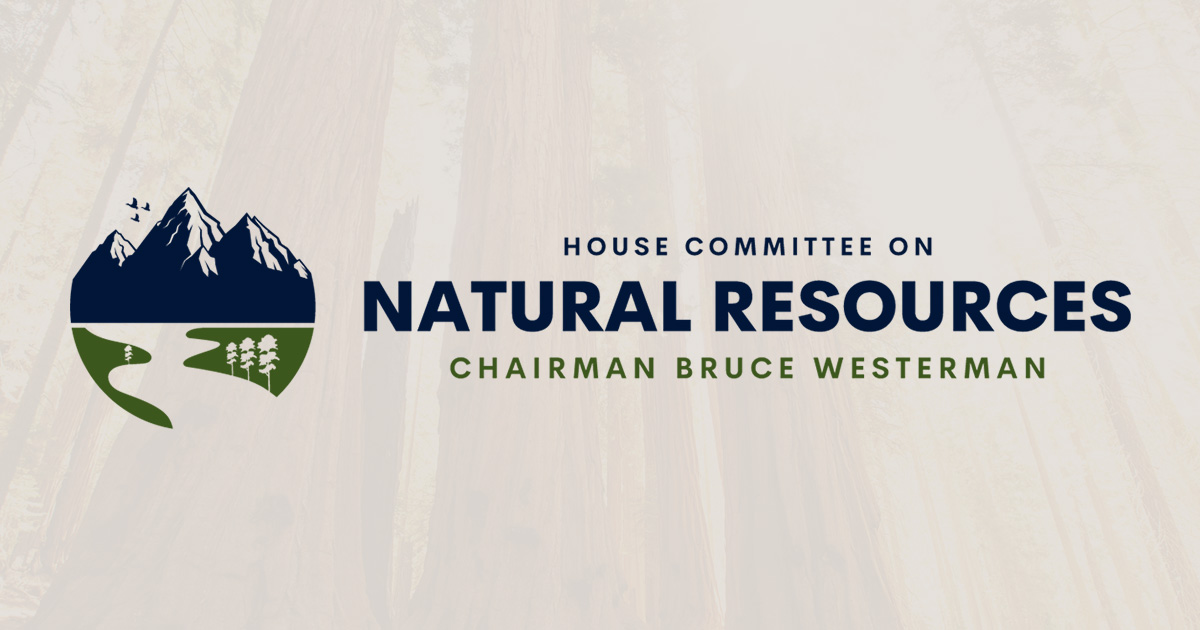
The Gulf of America Coastal Ocean Observing System (GCOOS), which operates within Texas A&M University's Department of Oceanography, was recently in the national spotlight as one of its longtime leaders testified before Congress in support of continuing critical ocean monitoring programs.
Dr. Stephan Howden, a professor and director of the Hydrographic Science Research Center at the University of Southern Mississippi and a GCOOS board member, addressed the Water, Wildlife and Fisheries Subcommittee of the House Committee on Natural Resources on Tuesday, May 20. His testimony supported the reauthorization of the Integrated Coastal and Ocean Observation System (ICOOS) Act through bipartisan legislation, H.R. 2294. One of 11 regional associations within the Integrated Ocean Observing System (IOOS), the program has been headquartered at Texas A&M’s College Station campus for more than two decades. It plays a key role in monitoring the Gulf of Mexico and delivering real-time data on ocean conditions that impact public safety, national security, maritime commerce, disaster preparedness, fisheries and tourism.
"Having GCOOS based in our department reflects our commitment to science that serves the public," said Dr. Shari Yvon-Lewis, head of Texas A&M’s Department of Oceanography. "From supporting hurricane forecasting to aiding Coast Guard search and rescue missions, GCOOS provides services that truly save lives and protect economies."
During his testimony, Howden warned that proposed federal budget cuts could strip IOOS regional programs of funding. That would force GCOOS and similar systems across the country to shut down—a move he called a major threat to communities that rely on ocean data for safety, planning and economic strength.

“IOOS is one of the most cost-effective, impactful federal programs supporting our ocean, coasts, and Great Lakes,” Dr. Howden testified. “It’s a cross-sector, bipartisan success story. And reauthorizing it is not just smart policy—it’s essential for public safety, national defense, economic growth, and resilience… In recent years, we’ve deployed ocean gliders — low-power, autonomous vessels that measure heat content in the upper ocean. Why? Because storm intensity is still the hardest part of hurricane forecasting, and the temperature of the ocean is a major factor driving its intensity.”
Created by Congress in 2009 and reauthorized in 2020, IOOS is a national network that collects, coordinates and delivers vital ocean data. It supports a wide range of sectors—from shipping and fisheries to emergency response and public health—using tools that monitor water quality, detect harmful algal blooms, and improve hurricane forecasting by up to 50%. IOOS data helps the U.S. Coast Guard carry out lifesaving missions, provides real-time information to seafood producers, and equips coastal communities with critical data for resilience and response.
As the Gulf of America’s regional system, GCOOS translates IOOS infrastructure into action by delivering localized, real-time data to decision-makers across the Gulf Coast. GCOOS powers tools like RedTideForecast.com and online beach guides that help communities track harmful algal blooms and plan safe coastal visits. These services are especially important in Florida and Texas, where they’re widely used by businesses, emergency managers and millions of beachgoers each year.
The reauthorization bill, introduced by Rep. Mike Ezell (R-MS) and supported by more than 15 bipartisan co-sponsors, would maintain current funding levels to IOOS of $56 million annually for the next five years. Advocates for all Gulf sectors say that continued support is essential to keep vital ocean data flowing to those who depend on it most.
The IOOS Association has developed a toolkit to support outreach efforts, including a fact sheet detailing the services provided by GCOOS and a tool for contacting elected officials. The association is also collecting testimonials that highlight how ocean observing data is used in communities and why it matters. These resources play a key role in helping decision-makers understand the real-world impact of IOOS and GCOOS when considering federal funding. As the home of GCOOS, Texas A&M plays a significant role in advancing this vital work.

